PM defends US-led strikes as ‘retaliatory, not escalation’
Anthony Albanese has defended the US for a wave of air strikes on Iran-linked targets in Iraq and Syria, refuting suggestions the conflict pushed the world closer to the ‘brink of World War III’.
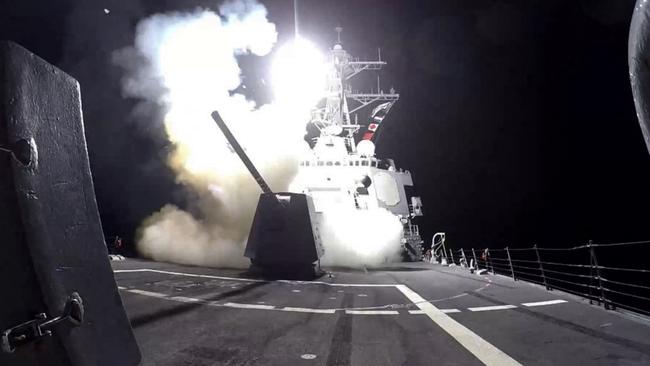
Anthony Albanese has defended the US for launching a wave of airstrikes on Iran-linked targets in Iraq and Syria, saying the retaliation did not signify an escalation and refuting Donald Trump’s claim that the conflict pushed the world closer to the “brink of World War III”.
The Prime Minister said the strikes on 85 targets linked to Iran’s Revolutionary Guard in response to an attack from an Iranian drone that killed three American soldiers in Jordan last week were “proportionate (and) retaliatory for the actions of Iran-backed organisations … they are not an escalation”.
Mr Albanese also said it was wrong to suggest US President Joe Biden had allowed Iran to destabilise the Middle East on his watch.
“We think that the US has got it right,” he told the ABC’s Insiders program. “It’s important that, given the attacks that have occurred by groups backed by Iran, there be a response and there has been.”
Mr Albanese’s defence of a deepening US involvement in the Middle East comes as a coalition of “like-minded” governments including the US, Britain and Australia launched further strikes on 36 targets linked to Iran-backed Houthi rebels in Yemen to “de-escalate tensions and restore stability in the Red Sea”.
The US and Britain launched airstrikes on 13 locations in Yemen to “disrupt and degrade the capabilities that the Houthis use to threaten global trade”, a joint statement from the governments involved, including Canada, New Zealand, Denmark, The Netherlands and Bahrain, said.
“Today’s strike specifically targeted sites associated with the Houthis’ deeply buried weapons storage facilities, missile systems and launchers, air defence systems, and radars,” the statement said. “Our aim remains to de-escalate tensions and restore stability in the Red Sea but let us reiterate our warning to Houthi leadership: we will not hesitate to continue to defend lives and the free flow of commerce in one of the world’s most critical waterways in the face of continued threats.”
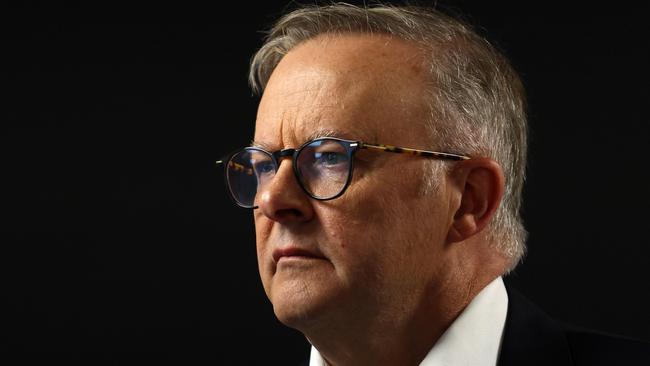
The Albanese government previously rejected a US request for ships to aid its military operations to combat Houthi attacks on container ships, saying that its priority remained the Asia-Pacific, and instead providing six personnel to the mission.
The Houthis have launched 30 attacks on commercial and navy vessels since mid-November in an alleged protest against Israel’s war on Hamas in Gaza following the October 7 attacks.
Opposition defence spokesman Andrew Hastie said Mr Albanese’s decision not to provide further assistance to the US in the Red Sea showed “weak leadership and lack of action”.
“While Mr Albanese leaves our allies in the lurch in the Red Sea, he refuses to declare the atrocities of October 7 a terrorist attack nearly four months on,” he said.
Mr Albanese left the door open to the possibility Labor could recognise a Palestinian state without Israel’s support in exchange for demilitarisation, after UK Foreign Secretary David Cameron said Britain could walk this path.
“Australia supports a two-state solution,” Mr Albanese said. “We support the right of Israel to exist within safe and secure borders; we also support justice for Palestinians. We support a political solution in the region.”
Opposition foreign affairs spokesman Simon Birmingham said many steps were required for “any negotiated settlement between Israel and the Palestinian people to be achieved, the first of which is security”.



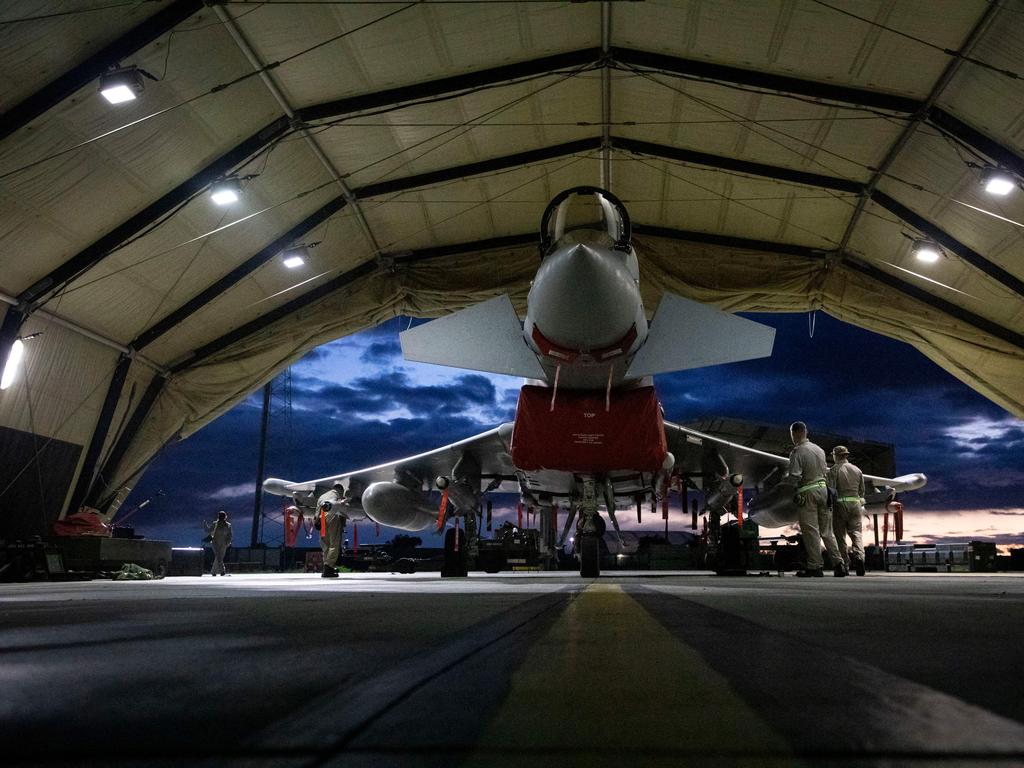
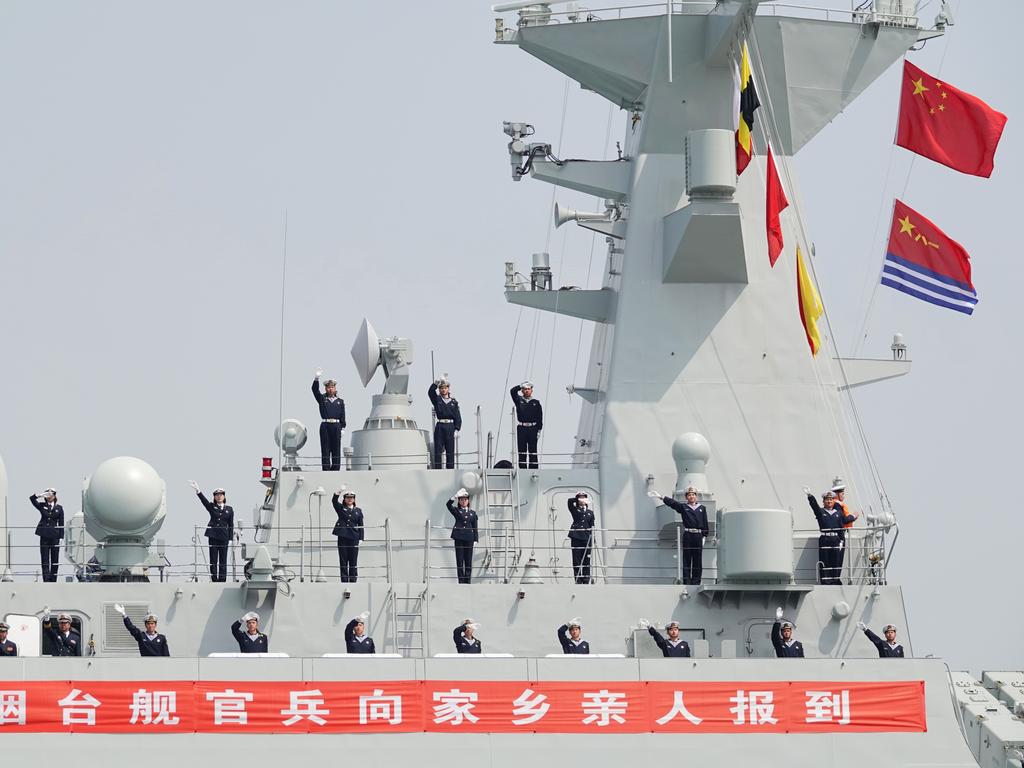
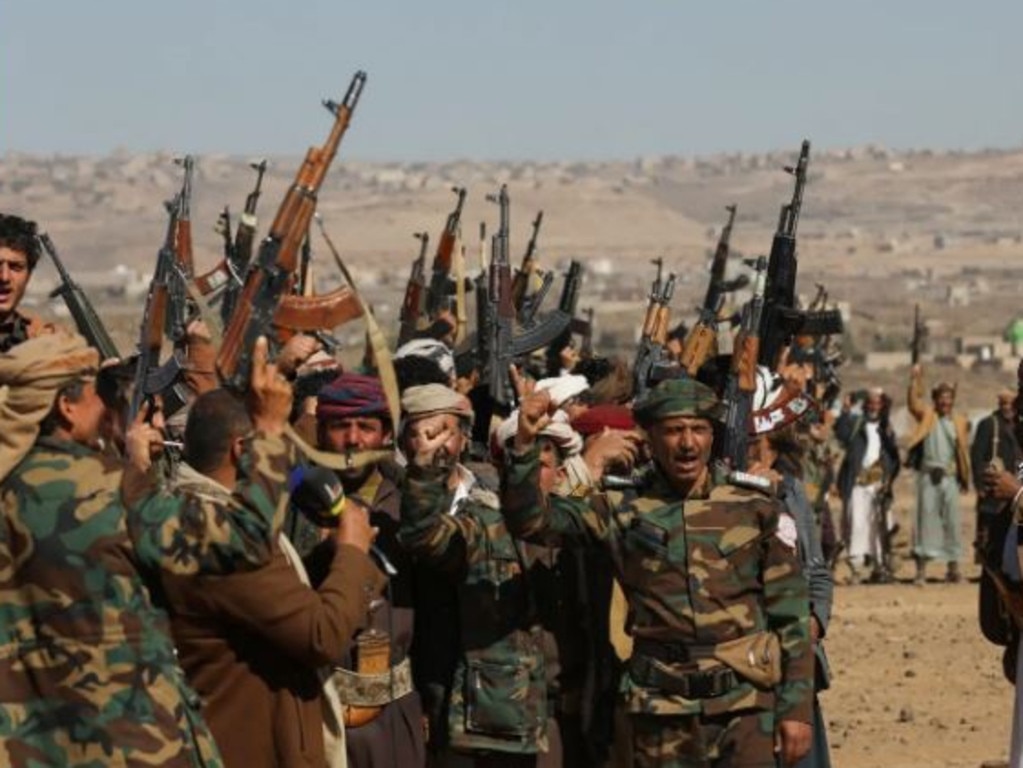


To join the conversation, please log in. Don't have an account? Register
Join the conversation, you are commenting as Logout